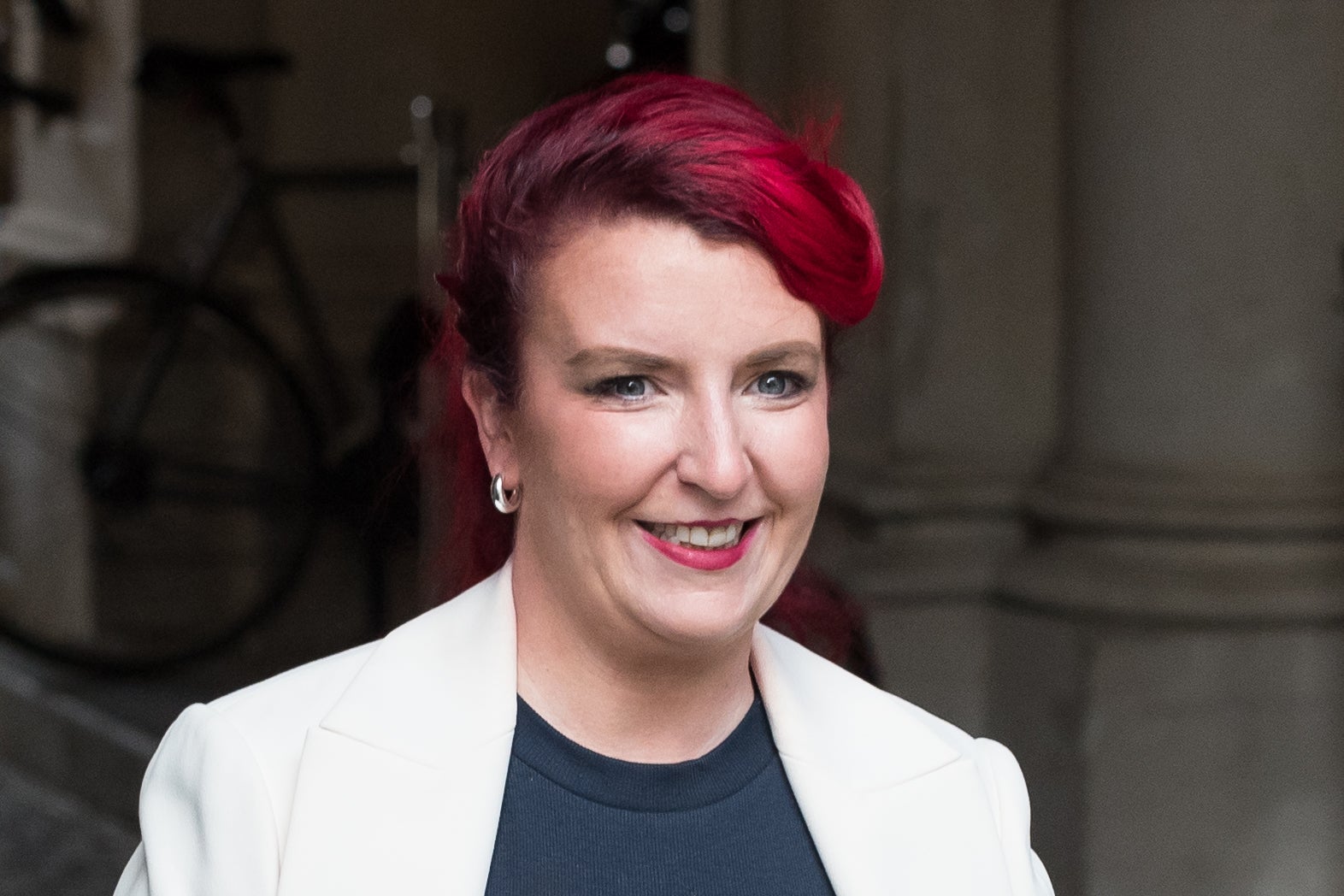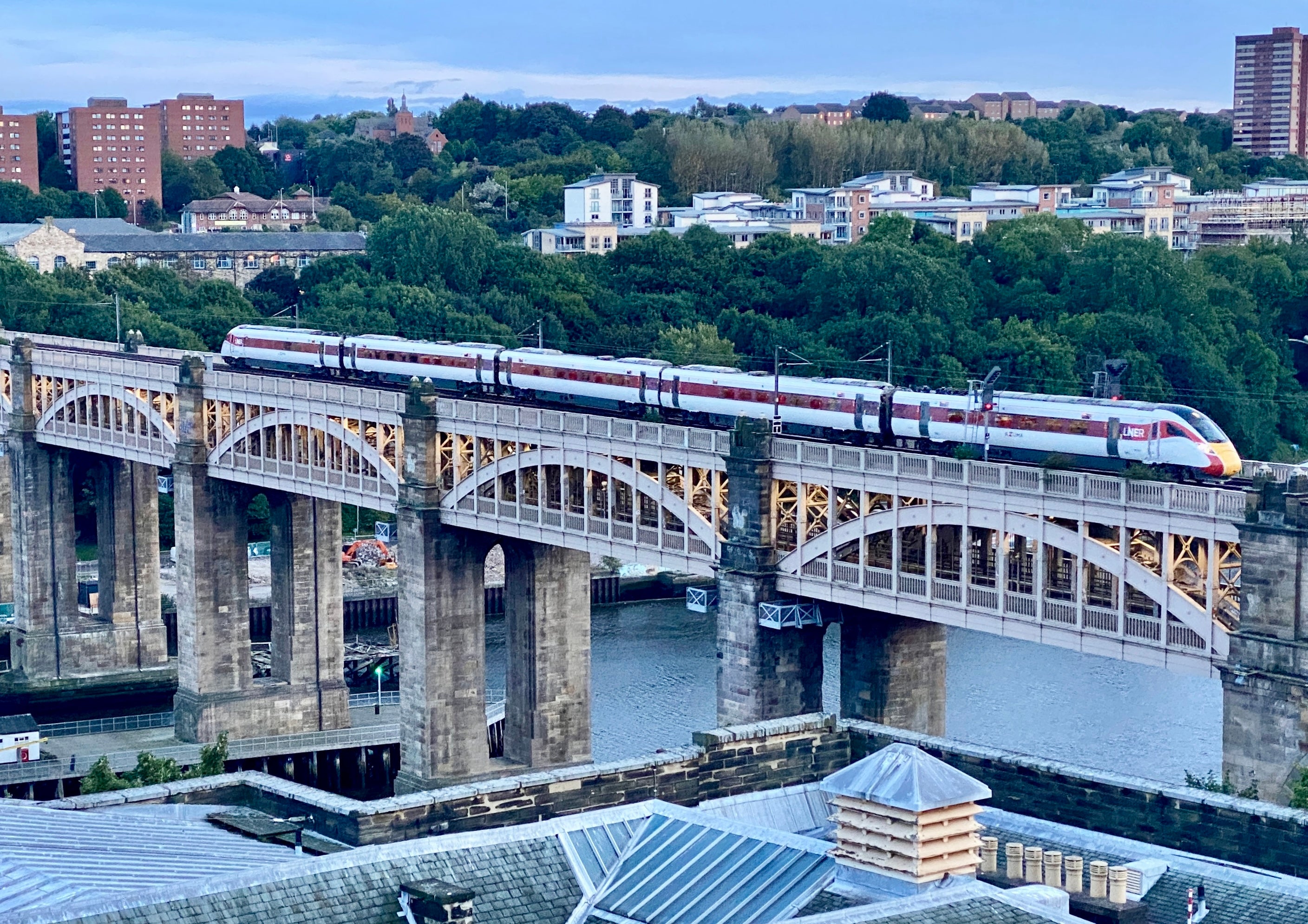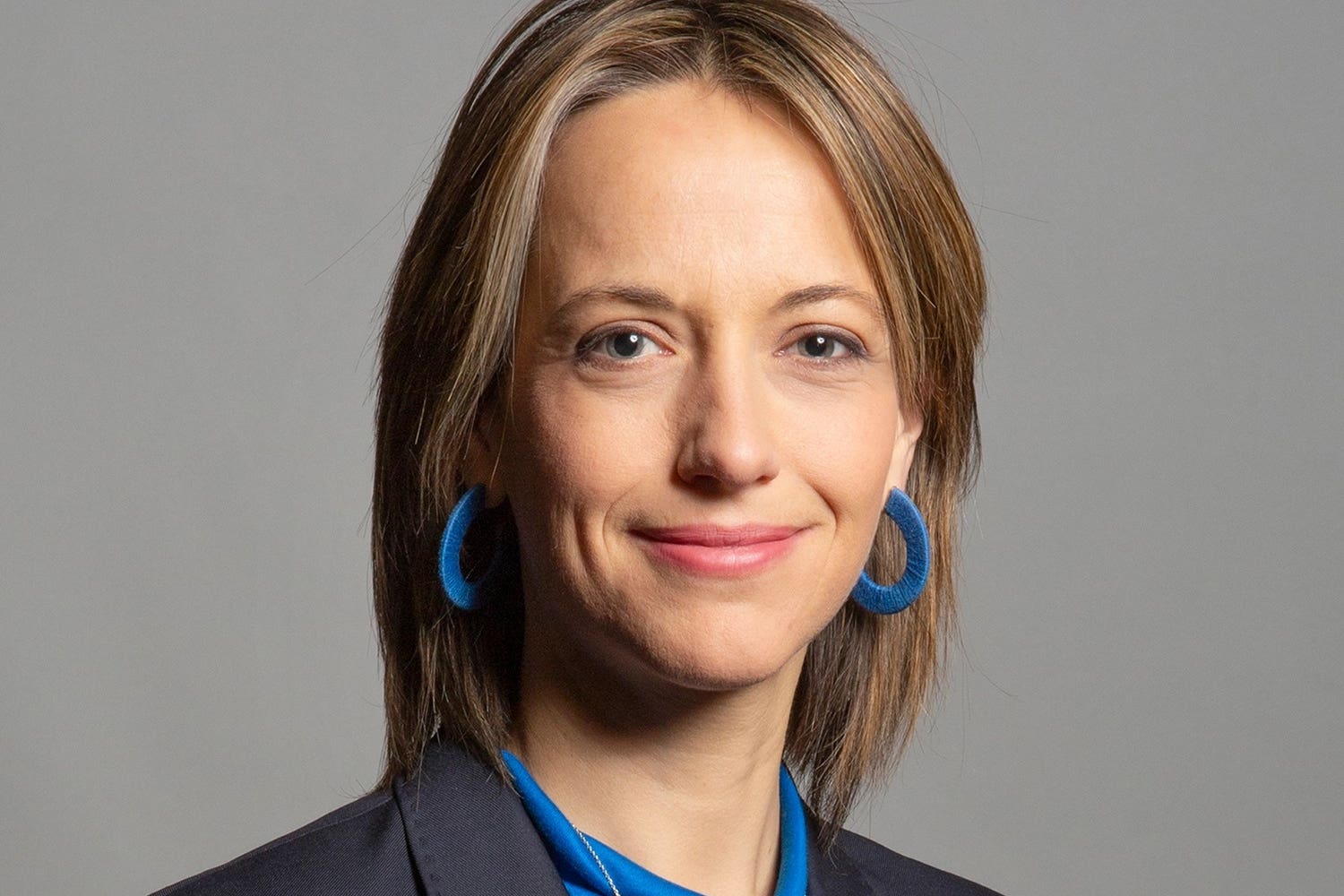Support truly
independent journalism
Our mission is to deliver unbiased, fact-based reporting that holds power to account and exposes the truth.
Whether $5 or $50, every contribution counts.
Support us to deliver journalism without an agenda.

Labour is fast-tracking plans to prove its socialist credentials by passing laws that will see Britain’s railways renationalised before the next general election.
The plans to bring “broken” private rail ownership back into the public sector would mean a programme of nationalisation on a scale not seen since before John Major aggressively privatised the railways in the 1990s.
Legislation going before MPs on Monday will see rail services brought back into public control when contracts with operators come to an end.
New transport secretary Louise Haigh has dubbed herself “the passenger-in-chief” as she leads the overhaul but rail companies have said the project is political rather than practical, and claim it will increase costs over time. Shadow transport secretary Helen Whately added that “passengers will pay the price”.
Allies of Ms Haigh have said the bill is part of a “radical agenda which has not been picked up in the media” and proves doubters of Labour’s socialist credentials wrong. Legislation enabling communities to take control of local buses will be introduced later in the parliament.

The Passenger Railway Services (Public Ownership) Bill – the government’s first major piece of legislation – will be the biggest nationalisation programme since the 1970s before Margaret Thatcher started mass privatisation of public services across the board.
Ms Haigh, who will lead on the bill as it passes through parliament, has made clear her intention to improve the experience and quality of service for passengers on the rail network.
She told The Independent: “This bill demonstrates the sheer scale of our ambition to rebuild Britain, putting transport at the heart of our plans for change.
“As ‘passenger-in-chief’, I said we’d move fast and fix things and that’s exactly what we’re doing with this radical legislative agenda.”
Taking aim at the private sector companies running many services at the moment, she added: “Our transport system is broken, but this bill is laying the tracks for a publicly owned railway that works for everyone and puts passengers first.”
The transport secretary recently stated: “We’re hoping that [the Rail (Public Ownership) Bill] will be done and dusted by the end of the year and we can start early in the new year and then we’ll deliver at pace.”
The bill will be the first stage of bringing rail back into public ownership, effectively laying the legal foundation for it to happen.

Labour’s drive for public ownership of the railways comes after repeated failures under private operators. The policy is backed by a majority of the public, with a recent Ipsos poll showing 54 per cent of those surveyed support public rail ownership. And a YouGov poll showed three-quarters of the public believe rail companies should be run in the public sector, with just 13 per cent believing they should remain privately run.
The poll also found six in 10 Conservative voters support rail nationalisation, compared with just over a quarter who said railways should be privately run.
One area of savings identified by Labour is management fees and dividends, in which it has estimated it can prevent £130m every year in payouts to shareholders.
The bill will be followed by the launch of the government’s Great British Railways, which will bring together existing bodies such as Network Rail and rail companies to run the network.
The new public sector company will be based in Derby with a transition team already operating.

There will also be a process of taking services back into public ownership from companies as contracts come to an end.
The Department for Transport already owns LNER, which operates the east coast mainline, after the company was taken back into taxpayer ownership by the Tory government following financial difficulties.
It is hoped the renationalisation of rail will be completed before the next election.
Ms Whately said: “The transport secretary herself has admitted that renationalising our railways will not guarantee cheaper rail fares. Labour’s plan is driven by ideology rather than what works and passengers will pay the price.
“Everyone agrees rail needs reform and that’s on the way, as Labour is continuing our plan to join up track and train in Great British Railways. Labour need to urgently confirm whether they back our infrastructure investments like Network North.”
Andy Bagnall, chief executive at Rail Partners, an industry group of train operators and freight groups, has previously said “train companies agree that change is needed for the railways, but nationalisation is a political rather than a practical solution which will increase costs over time”.
Reform UK leader and MP for Clacton Nigel Farage said: “They will mess this up. It is the 1970s all over again.”
Tom Clougherty, executive director of the right-wing Institute for Economic Affairs (IEA) think tank – which inspired Liz Truss’s disastrous mini-budget – said rail nationalisation is “fraught with the risks of wasted taxpayer money, trade union dominance, and cronyism”.
Ms Haigh must also find a way to end the waves of strikes which have hit the rail network and cost the country billions economically. She is due to have talks with the train drivers’ union Aslef over a pay deal in the coming weeks.

